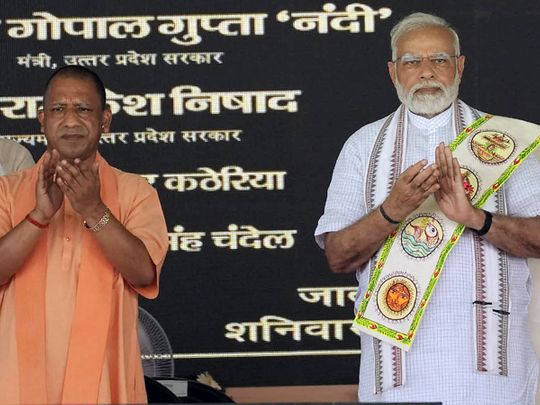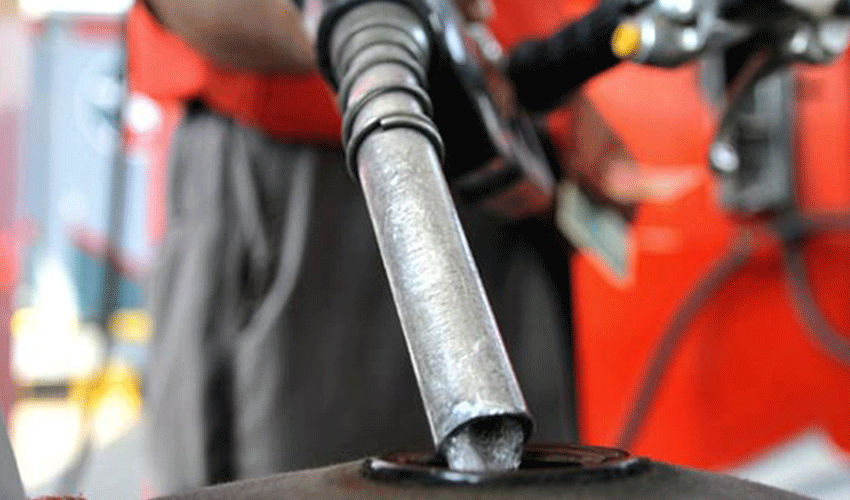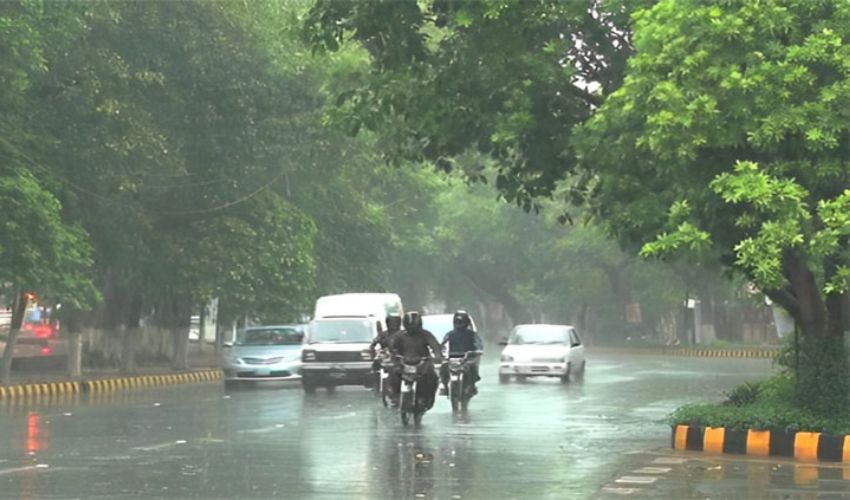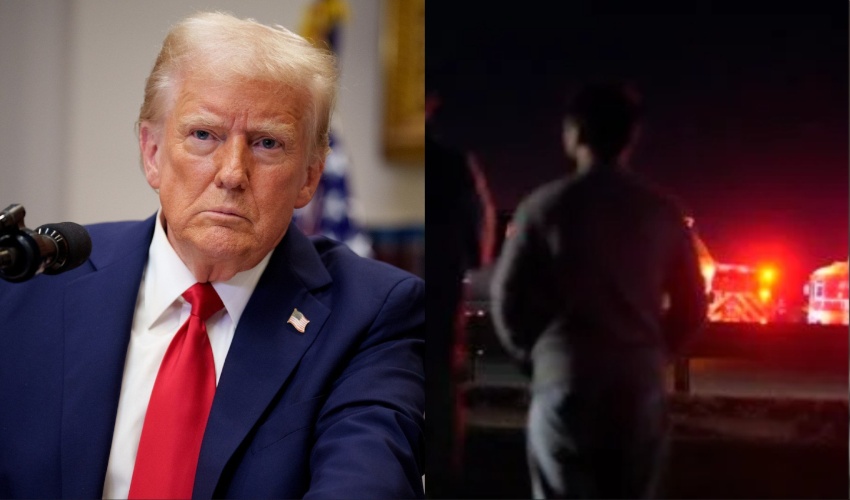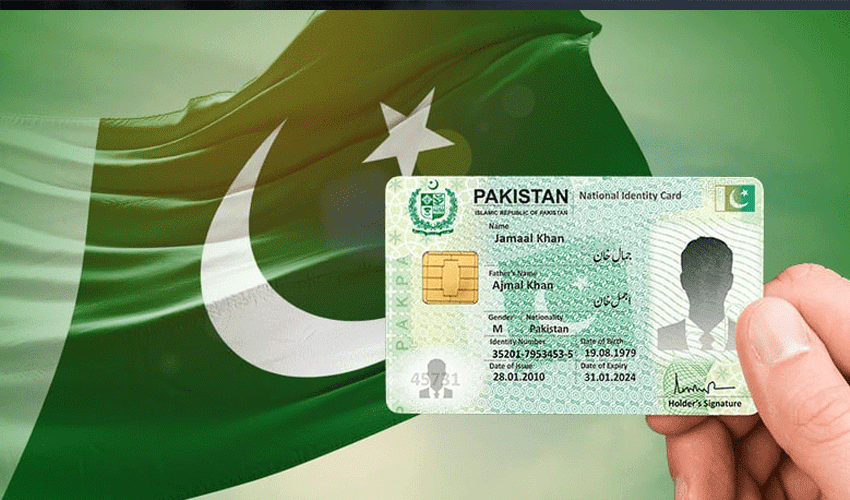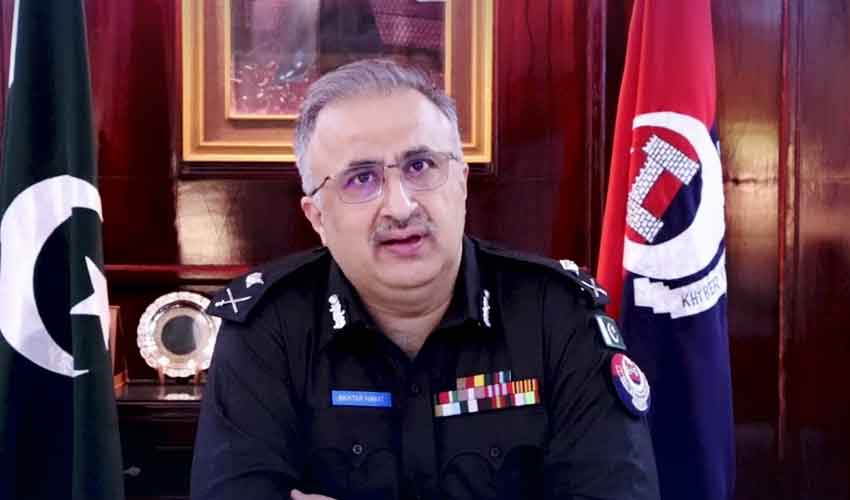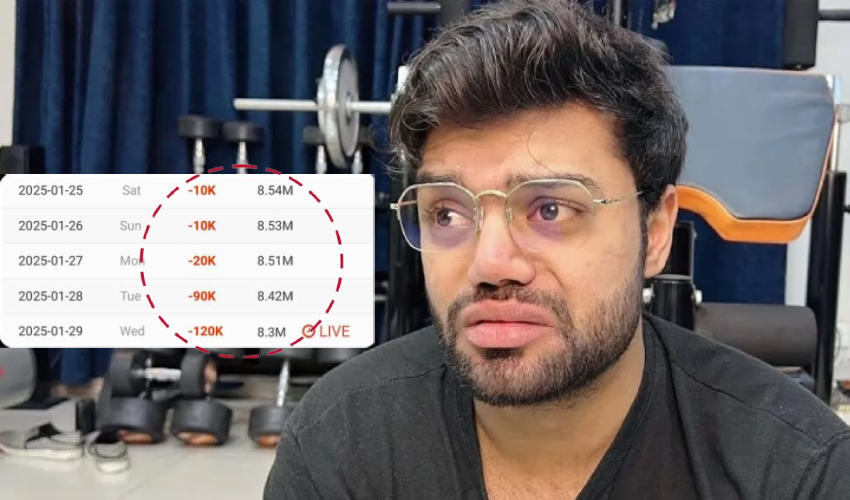The problematic funding of polls in the largest democracy in the world, which is predicted to be the most costly when general elections are held in April and May of this year, has come back into the spotlight as a result of the Indian Supreme Court's decision to abolish electoral bonds.
In the next general elections, candidates and the political parties will spend 1.2 trillion Indian rupees ($14.4 billion), as stated by N. Bhaskara Rao, chairman of the Centre for Media Studies in New Delhi, which keeps track of political spending data.
Opensecrets.org, a website that tracks election expenditures, estimates that $14.4 billion, the lower end of Mr. Rao's projection, was spent throughout the US presidential and congressional contests in 2020.
The electoral bonds system was implemented by the administration of Indian Prime Minister Narendra Modi in 2017 and let contributors, including companies, purchase financial instruments from state-controlled banks to support political parties in secret.
Opposition politicians and civil society organizations opposed it, alleging the system promoted money laundering and corruption and deceived the public about who was funding political parties.
Experts predict that this spring's general elections in India will likely see record-breaking election expenditure, including substantial amounts of bribes and "dirty money", despite the fact the Supreme Court ruled that the system was illegal.
Elections in India are impacted by money. Unreported funds are essential for winning votes, claims Niranjan Sahoo, senior fellow at the think tank Observer Research Foundation in New Delhi.
Most Expensive Elections Ever
As per a study by the Centre for Media Studies, Rao's estimates suggest that the expenses for the 2024 India elections would cross those of the country's last general elections in 2019, in which participants expended almost 600 billion Indian rupees ($7.2 billion).
For every one of India's 968 million eligible voters, that amounts to around $14.95 or almost 2.2 billion INR every parliamentary seat.
Dirty Money Involvement
Due to the challenges of tracking down informal payments, which are common in Indian election campaigns and involve paying voters unlawful volumes of money in exchange for their support.





